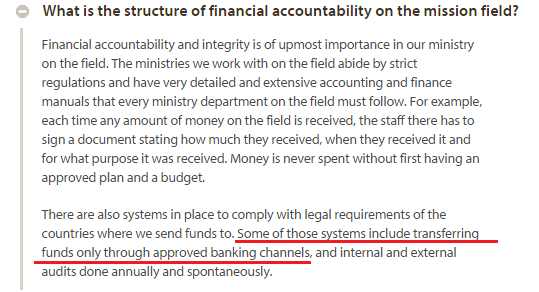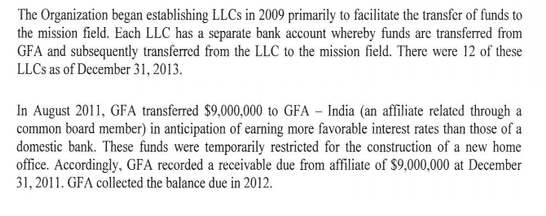Yesterday, Terry Mattingly at Get Religion blog began a post about the NYTs coverage of India and Compassion International like this:
If you have followed news in India in recent years, you know that the ruling Bharatiya Janata Party – commonly known as the BJP – has continued its efforts to promote “Hindutva,” or Hindu-ness, which essentially argues that Hinduism is an essential component of what it means to be a citizen of India.
Thus, it’s goal is to defeat secular pluralism and the recognition of a valid role for other faiths in public life. The side effect has, in many cases, been a crackdown on many of the activities of other faiths in India – especially ministries linked to foreign groups.
For discussion’s sake, let’s Americanize these observations:
If you have followed news in the United States in recent years, you know that the Republican party – commonly known as God’s Own Party (GOP) – has continued its efforts to promote “Christian nationalism,” or Christian-ness, which essentially argues that Christianity is an essential component of what it means to be a citizen of the USA.
Thus, it’s goal is to defeat secular pluralism and the recognition of a valid role for other faiths in public life. The side effect has, in many cases, been a crackdown on many of the activities of other faiths in the US – especially the construction of new mosques and activities of foreign groups.
 If you read the NYT’s article, you will get some insight into conditions in India where Hindu nationalism appears to be on the rise. Christian journalist Mattingly properly locates opposition to Hindu nationalism in human rights. When the government or a political party takes sides in religion, eventually freedom of conscience suffers.
If you read the NYT’s article, you will get some insight into conditions in India where Hindu nationalism appears to be on the rise. Christian journalist Mattingly properly locates opposition to Hindu nationalism in human rights. When the government or a political party takes sides in religion, eventually freedom of conscience suffers.
Christians don’t like these policies in other countries but seem to be oblivious to the same or similar rhetoric and actions here. We should oppose religious nationalism even when the perceived winner is our team.




